Full Mouth Rehabiliation
Full mouth rehabilitation with dental implants.
Full mouth rehabilitation with dental implants is a comprehensive dental procedure aimed at restoring the function and aesthetics of an entire set of teeth. This approach is particularly beneficial for individuals who have lost multiple teeth due to decay, trauma, or periodontal disease.
Understanding Full Mouth Rehabilitation
This process involves the strategic placement of dental implants to support prosthetic teeth, effectively replacing missing or damaged teeth in both the upper and lower jaws. Dental implants are titanium posts surgically inserted into the jawbone, serving as artificial tooth roots that provide a stable foundation for fixed or removable prostheses.
The All-on-4 Technique
One notable method in full mouth rehabilitation is the All-on-4 technique. This procedure utilizes four strategically placed dental implants to support a full arch of prosthetic teeth. The posterior implants are angled to maximize contact with the available bone, reducing the need for bone grafting and allowing for immediate loading of the implants. This means patients can receive a complete set of functional teeth within a short period, often on the same day as the implant surgery.
Advantages of Full Mouth Rehabilitation with Dental Implants
- Improved Functionality: Restores the ability to chew and speak effectively.
- Aesthetic Enhancement: Provides a natural-looking smile, boosting self-confidence.
Bone Preservation: Dental implants stimulate the jawbone, preventing bone loss associated with missing teeth.
- Durability: Implants offer a long-term solution with proper care, often lasting many years or even a lifetime.
Considerations and Risks
While dental implants have a high success rate, certain factors can influence the outcome:
- Systemic Health Conditions: Uncontrolled diabetes, connective tissue disorders, or cardiovascular diseases may affect healing and implant integration.
- Bone Density: Adequate bone volume is essential for implant stability; in cases of significant bone loss, additional procedures like bone grafting might be necessary.
- Maintenance: Proper oral hygiene and regular dental check-ups are crucial to prevent peri-implantitis, an inflammatory condition that can lead to implant failure.
Full mouth rehabilitation with dental implants offers a transformative solution for individuals seeking to restore their oral health and functionality. By leveraging advanced techniques like the All-on-4 method, patients can achieve a complete and natural-looking smile with improved quality of life. Consulting with a qualified prosthodontist or dental implant specialist is essential to determine the most appropriate treatment plan tailored to individual needs.

